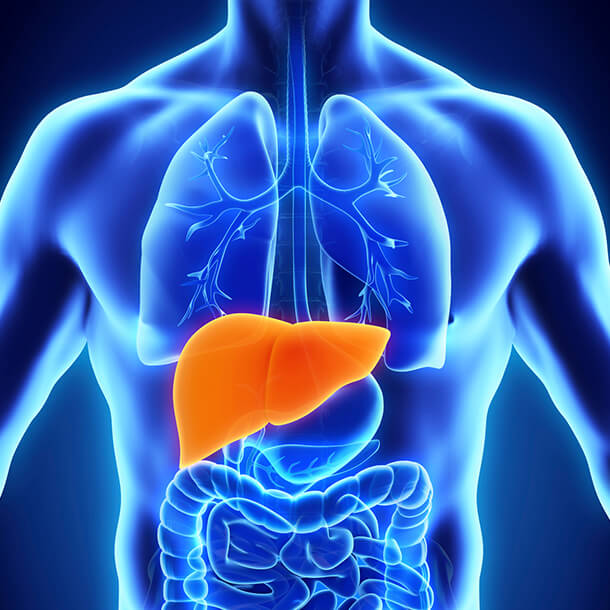Source: Thailand Medcial News May 24, 2019 6 years, 7 months, 1 week, 2 days, 2 hours, 50 minutes ago
Fatty liver disease is a prevailing disease affecting around 17% of the global population and actually comprises of a variety of specific liver conditions that caused due to existing diabetic or obesity conditions. Very often individuals affected are not even aware in the initial stages till symptoms manifest itself in the later stages of the disease.

Its occurrence is more prevalent in Asia in countries like Singapore, Malaysia and Thailand. Fatty liver disease can eventually progress to cause liver inflammation, fibrosis and Nonalcoholic steatohepatitis (NASH), which increases the risk of liver failure. There is currently no treatment for fatty liver disease and NASH, and many research drugs tested in patients during clinical trials have failed to work so far.
However new hope is on the horizon after a team of Singapore Researchers led by Duke-NUS Medical School and National Heart Centre Singapore (NHCS) found that deactivating the cytokine interleukin 11 (IL11) protein with therapeutic antibodies reverses inflammation and scarring of the liver in patients suffering from untreatable non-alcoholic steatohepatitis (NASH).
The findings have implications for the development of drugs to treat the disease.
Dr. Anissa Widjaja, senior research fellow at Duke-NUS' Cardiovascular and Metabolic Disorders (CVMD) Programme and first author of this study commented,"We questioned whether the IL11 protein is important for fat accumulation,scarring and inflammation of the liver due to the overconsumption of fatty food and sugary drinks and snacks. Our research team found that this protein is very important for these processes, and inhibiting it can not only prevent fatty liver disease but also reverse it after it has taken hold of the liver," said Dr. Anissa Widjaja, senior research fellow at Duke-NUS' Cardiovascular and Metabolic Disorders (CVMD) Programme and first author of this study.
The Singaporean team found that the cytokine IL11 gene triggers the development of NASH and fat accumulates in the livers of individuals with the condition. It is most common in people who are obese and diabetic, but also found in some alcoholics.
The development of NASH due to the cytokine, gives rise to symptoms like fatigue, abdominal pain, itchy skin, nausea and in severe cases leads to live cirrhosis or cancer.
The therapeutic antibodies developed by Duke-NUS and NHCS researchers inhibited IL11 in a pre-clinical model that mimicked the human form of NASH, preventing and reversing liver inflammation, and even leading to lower blood levels of cholesterol and glucose.
Enleofen Bio, a biotechnology company established in Singapore has obtained the rights to further develop the antibody therapeutics for clinical trials by the end of 2020.Professor Stuart Cook, corresponding author of the study and director and co-founder of Enleofen Bio said “this discovery is a major leap towards treating a once incurable condition that is affecting millions of people worldwide.”
Reference: Anissa A. Widjaja et al. Inhibiting Interleukin 11 Signaling Reduces Hepatocyte Death and Liver Fibrosis, Inflammation, and Steatosis in Mouse Models of Non-Alcoholic Steatohepatitis, Gastroenterology (2019).
href="https://dx.doi.org/10.1053/j.gastro.2019.05.002" target="_blank">DOI: 10.1053/j.gastro.2019.05.002
